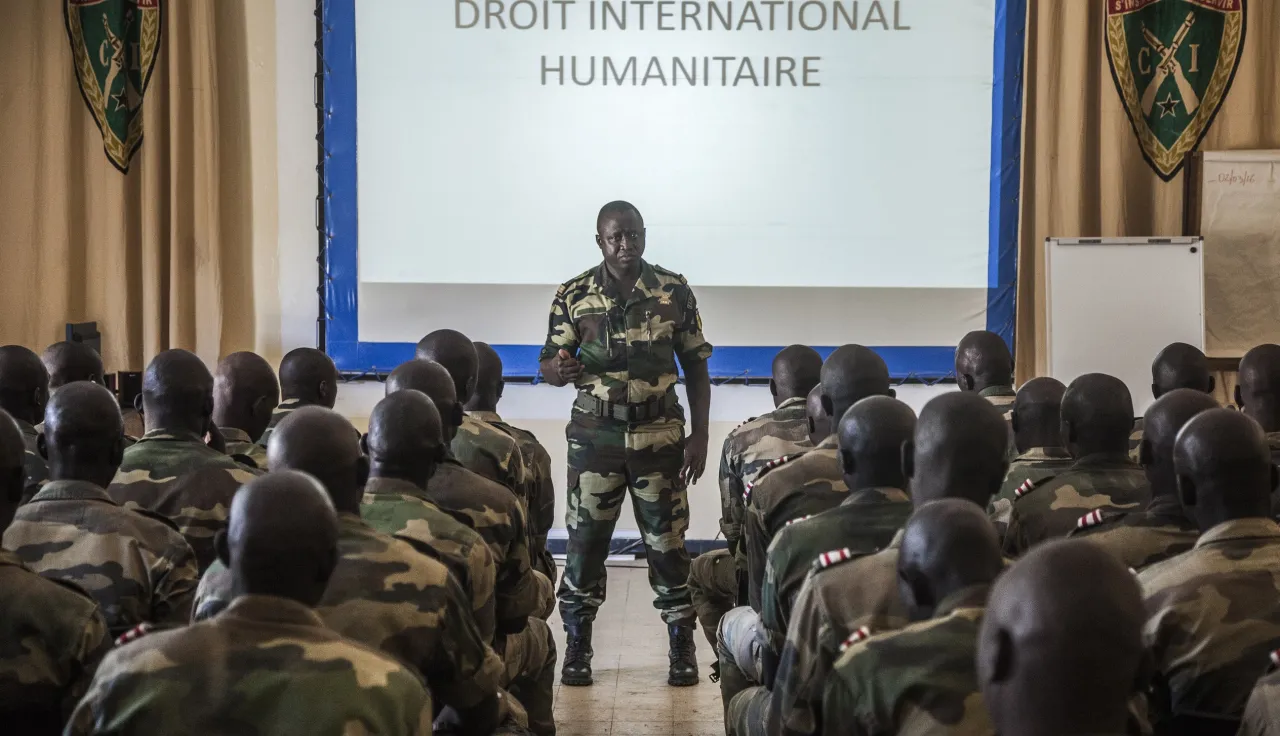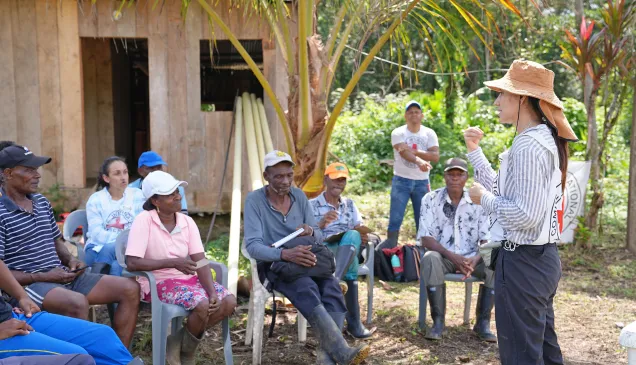Senior military officers from over 90 countries meet to discuss laws of war

Nearly 400 senior military officers from more than 90 countries will convene over the next three weeks at a high-level workshop on the laws of war, also known as international humanitarian law (IHL), and their application in military operations.
Hosted by the International Committee of the Red Cross (ICRC), the 14th annual Senior Workshop on International Rules governing Military Operations (SWIRMO) will focus on current issues: urban warfare, partnered military operations, and influences on battlefield behaviour. Participants will also use a new video game simulation created by the ICRC that puts officers and soldiers in scenarios that resemble real-life where military objectives need to be balanced against the risk of civilian harm.
"COVID forced us to change the format this year. We were not able to gather everyone in a single place, so we created a hybrid event with discussions broadcast from our headquarters in Geneva with in-person sessions spread across over 90 countries," said Stephen Kilpatrick, Military and Armed Groups Adviser at the ICRC. "Despite the changes, it has allowed to reach a wider audience and we are encouraged that this year will be our largest SWIRMO yet."
The event be held in English, Arabic, French, Russian and Spanish and will combine presentations with exchanges and discussions around topics such as how values, culture, religion and other factors influence battlefield behaviour.
The event will include remarks from ICRC President Peter Maurer and ICRC Director of International Law and Policy Helen Durham as well as a keynote address from Dominique Loye, ICRC's Deputy Director of International Law and Policy, on the nature of future operating environment and its implications on civilian harm.
In previous years, SWIRMO was organised jointly by the ICRC and the armed forces of a specific country. The first workshop took place in Switzerland in 2007 and other hosts have included France, South Africa, Malaysia, Colombia, China, Algeria, the UAE and, most recently, in Russia.



